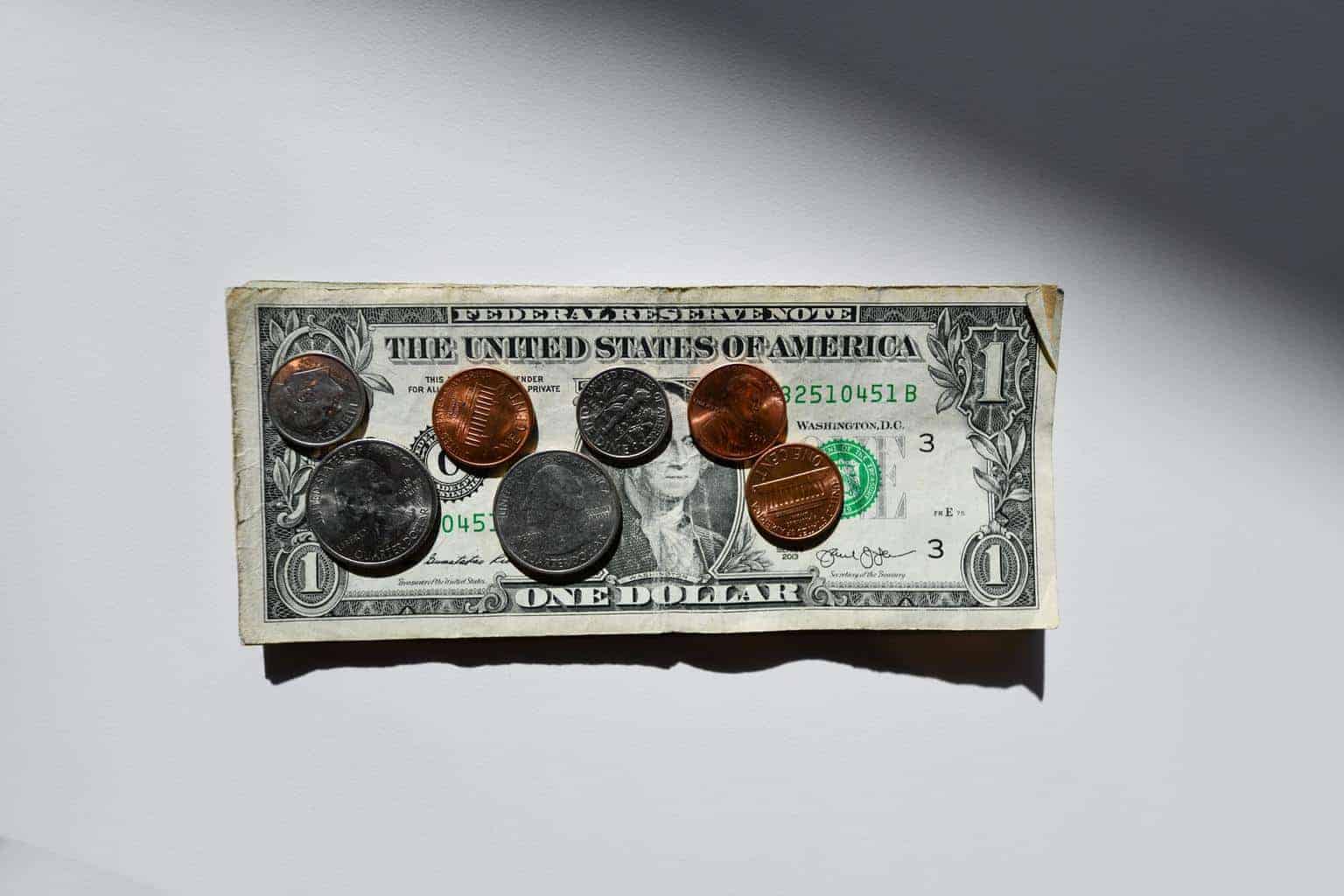Debt management and debt settlement are forms of debt relief that can help consumers get back on track financially. But contrary to popular belief, they aren’t quite the same. Read on to learn about the similarities and differences between the two and how to decide which is most ideal for your financial situation.
What Is a Debt Management Plan?
Debt management plans (DMPs) are offered by credit counseling organizations. They’re designed to help you repay the outstanding principal balances on your unsecured debts faster.
What Is a Debt Settlement Program?
Debt settlement programs are available through for-profit companies. The main goal of these programs is to help you resolve unsecured debts by only paying a fraction of what you owe.
Debt Management vs. Debt Settlement Comparison
The primary difference between debt management and debt settlement is the amount of debt you pay off. With a DMP, you’ll pay off all the unsecured debt enrolled in the program. But with debt settlement, the idea is to get out of debt faster by convincing your creditors to accept less than what’s owed.
Debt Management vs. Debt Settlement: Differences and Similarities
Here are some similarities between debt management and debt settlement:
- Both are forms of debt relief that can help you get out of debt faster.
- You will save a bundle in interest by completing both plans.
- Both require you to pay fees.
- Both require monthly payments.
You should also be aware of the other ways that these debt relief options vary:
- DMPs are designed to be completed in three to five years, but debt settlement programs can be completed in as little as 12 months.
- DMPs come with a setup fee and monthly maintenance fees. It’s free to enroll in a debt settlement program, and you’ll only pay a fee each time a debt is settled. But the fees for settlement are much higher overall, often up to 25% of the amount saved in the settlement.
- DMPs can positively impact your credit score over time, but debt settlement programs will likely cause damage.
- DMPs require you to repay 100 percent of the principal. With a debt settlement program, you could reduce your debt balance by up to 50 percent.
Debt Management vs. Debt Settlement: How Do They Work?
Below is a step-by-step breakdown of how DMPs work:
- Step 1: Complete a credit counseling session with a certified credit counselor to find a monthly payment that works for your budget.
- Step 2: The credit counseling agency will reach out to your creditors to notify them of your participation in the plan and negotiate concessions. The latter could include a reduced interest rate, re-aging your accounts to bring them current and fee waivers.
- Step 3: The credit counseling agency will also get approval from your creditors for a modified payment plan.
- Step 4: You will make the agreed-upon monthly payment to the credit counseling agency.
- Step 5: The credit counseling agency will allocate this amount to creditors covered under the DMP per the payment schedule.
- Step 6: You will continue to make monthly payments until all your balances are repaid. (Please note that the payment amount won’t change as you eliminate debts. Instead, the credit counseling agency will use the extra funds to pay off the remaining balances faster).
Here’s what to expect when you enroll in a debt settlement program:
- Step 1: Complete a consultation with a reputable debt settlement company and enroll in their program.
- Step 2: Work with your assigned debt resolution specialist to develop an amount you can deposit to a dedicated account each month. (Most consumers also stop paying creditors to expedite the settlement process.)
- Step 3: Make the required monthly payments and track your progress.
- Step 4: When the balance in your dedicated account reaches a certain amount, the debt settlement company will begin negotiating settlement offers with your creditors.
- Step 5: Each time a settlement offer is reached and you agree to it, the funds from the dedicated account will be used to pay the creditor. You will also pay a fee to the debt settlement company – it’s typically a percentage of the settlement amount. It is withdrawn directly from the dedicated account.
- Step 6: Continue making monthly payments until all debts enrolled in the program are settled.
Debt Management vs. Debt Settlement: How Do They Affect Your Credit Score?
Settling a debt for less than what’s owed can have severe consequences for your credit score. The creditor will likely report the account as “settled” instead of “paid-in-full”, and the negative mark will linger on your credit profile for up to 7 years.
But paying off your debts through a DMP won’t have the same impact. Once the balances are paid, the creditor will report the account as “paid-in-full”, which avoids a hit to your score. Even better, your payment history will improve over time as you progress through the plan.
Keep in mind that your score could dip slightly as you complete a DMP. Credit card issuers will typically close your accounts, which could impact your credit utilization and credit age. In most instances, the impact is temporary.
Debt Management vs. Debt Settlement: Pros and Cons
Are you still torn between a DMP and debt settlement program? Consider the pros and cons of each to make an informed decision.
Benefits of DMPs:
- You’ll get valuable concessions to help repay creditors quicker.
- You’ll preserve your credit health and possibly improve your score over time.
- You’ll work with a certified credit counselor who can also provide tips and strategies to more effectively manage your finances.
Drawbacks of DMPs:
- You’ll pay an enrollment fee and monthly fees.
- Creditors will close your accounts.
- It could take three to five years to complete the plan.
Benefits of Debt Settlement:
- You can resolve unsecured debts for a fraction of what you owe.
- You can possibly avoid bankruptcy.
- You could complete the plan in just 12 to 24 months.
Drawbacks of Debt Settlement:
- You’ll pay a fee to the settlement company each time a debt is settled.
- Your creditors may not accept settlement offers.
- Your credit score will take a hit.
Debt Management vs. Debt Settlement: When to Use Each
Debt management could be a viable option if your unsecured debt is not in collections and you want to preserve your credit score. You should also have the means to make the required monthly payments to the credit counseling agency to resolve your principal balances.
But if you’re overwhelmed by debt balances and debt collectors are breathing down your neck, debt settlement may be more suitable. If you enroll in a debt settlement program, your credit score will suffer less because it’s already low. Furthermore, you could get the relief you need and put your debts behind you in far less time than you would be making the minimum monthly payments.







